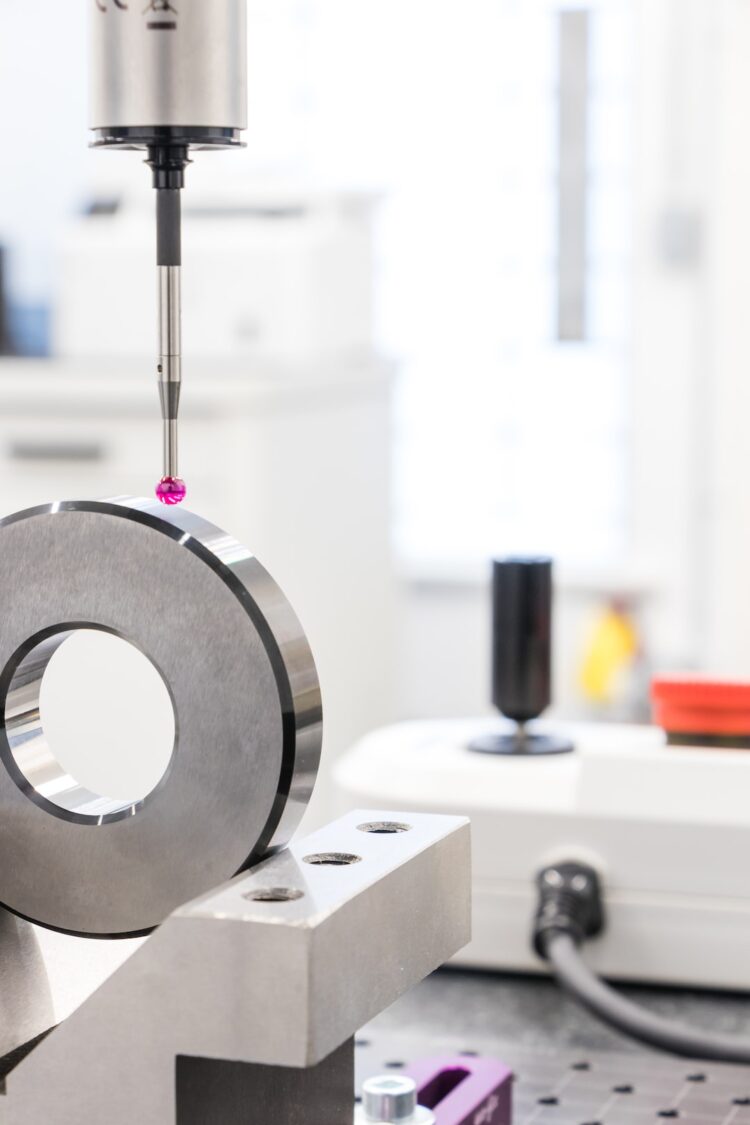The Future of Manufacturing: A Look at Industry 4.0
Advancements in technology have always had a significant impact on industries around the world, and the manufacturing sector is no exception. From the steam engine to mass production, each era has brought with it new techniques and processes that revolutionized the way goods were made. And now, we stand on the cusp of a new industrial revolution, known as Industry 4.0.
Industry 4.0, also referred to as the fourth industrial revolution, is the integration of digital technologies into manufacturing processes. It involves the use of automation, artificial intelligence, Internet of Things (IoT), and cloud computing to create smart factories that are highly efficient, agile, and connected.
One of the key components of Industry 4.0 is automation. With the help of robots and machines equipped with AI, tasks that were once performed by humans can now be done faster, more accurately, and with lower costs. This not only increases productivity but also allows workers to focus on more complex tasks that require creativity and critical thinking skills.
Another aspect of Industry 4.0 is the utilization of IoT devices to collect and communicate data in real-time. Sensors embedded in machines and products enable the continuous monitoring of their performance and provide insights into the entire production process. This data can be used to optimize operations, prevent downtime, and address issues before they impact the production line.
Furthermore, the use of cloud computing has made it possible for manufacturers to access and analyze large amounts of data from anywhere in the world. This has led to the development of predictive maintenance systems, which can identify potential equipment failures before they occur. By replacing reactive maintenance practices with proactive ones, manufacturers can significantly reduce downtime and increase overall equipment effectiveness.
Additionally, Industry 4.0 has introduced the concept of a connected supply chain. With the help of digital platforms, manufacturers can collaborate with suppliers and customers in real-time, making the entire manufacturing process more streamlined and responsive to market demands. It allows for greater flexibility and agility in production, enabling manufacturers to quickly adapt to changing customer preferences and market trends.
While the benefits of Industry 4.0 are undeniable, there are also challenges that manufacturers need to address. One of the main challenges is the integration of legacy systems with new technologies. Many manufacturers still rely on outdated systems that are not compatible with the latest digital technologies. In order to fully embrace Industry 4.0, they need to make significant investments in upgrading their infrastructure and retraining their workforce.
Another challenge is the concern about cybersecurity. With the increased connectivity and exchange of data, manufacturers need to ensure that their systems are secure from cyber threats. This requires the implementation of robust cybersecurity measures and ongoing monitoring of the network to identify and address any vulnerabilities.
Despite these challenges, the future of manufacturing looks promising with Industry 4.0. It has the potential to transform traditional factories into intelligent, interconnected ecosystems that can efficiently produce customized products on-demand. It will empower manufacturers to optimize their operations, reduce costs, and deliver products faster to market.
In conclusion, the advent of Industry 4.0 marks a new era in manufacturing, bringing with it unprecedented levels of automation, connectivity, and intelligence. It offers immense opportunities for manufacturers to improve efficiency, reduce downtime, and meet the ever-changing demands of customers. As we embrace this revolution, it is crucial for manufacturers to adapt and invest in the necessary technologies and skills to remain competitive in the digital age of manufacturing.












